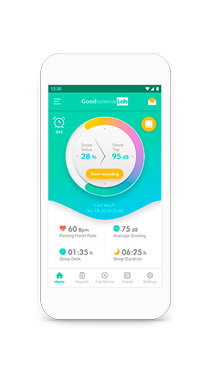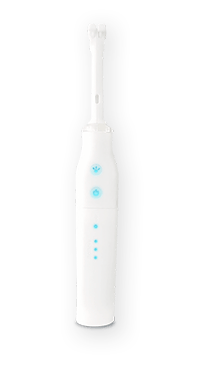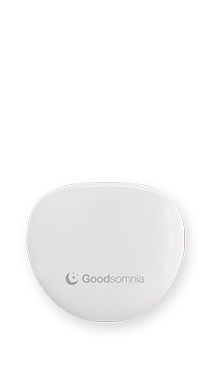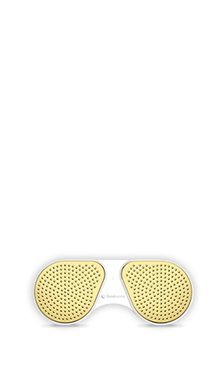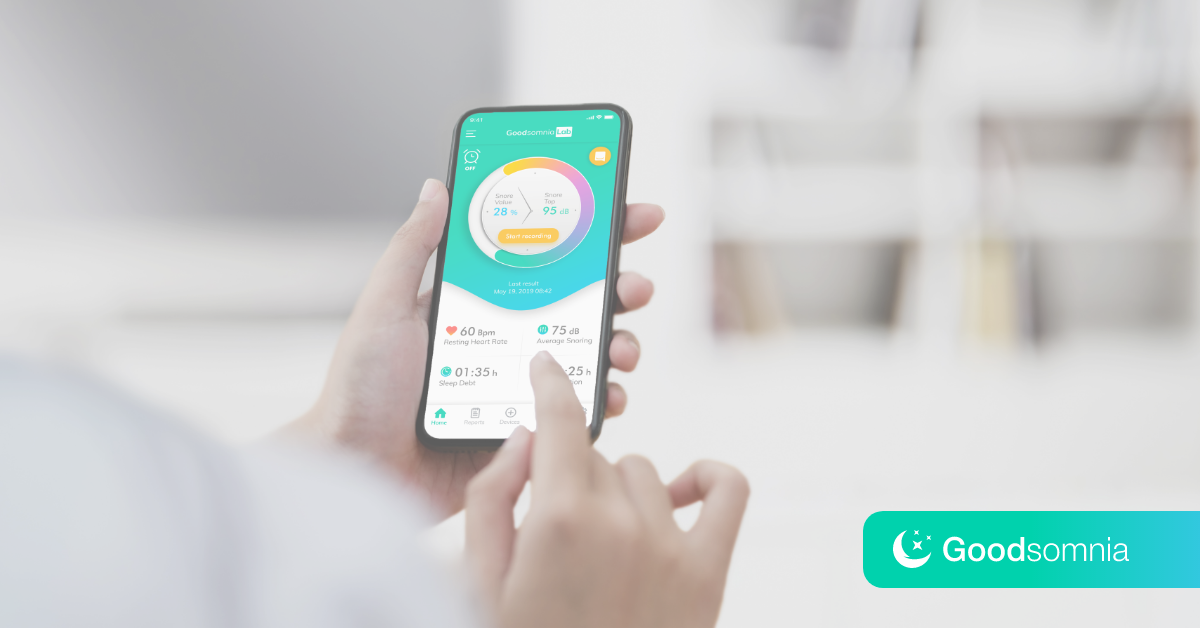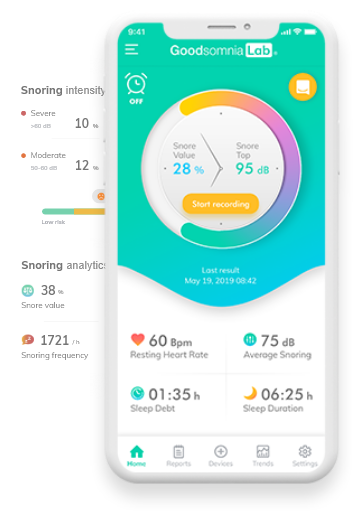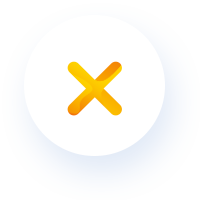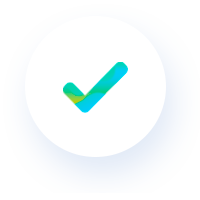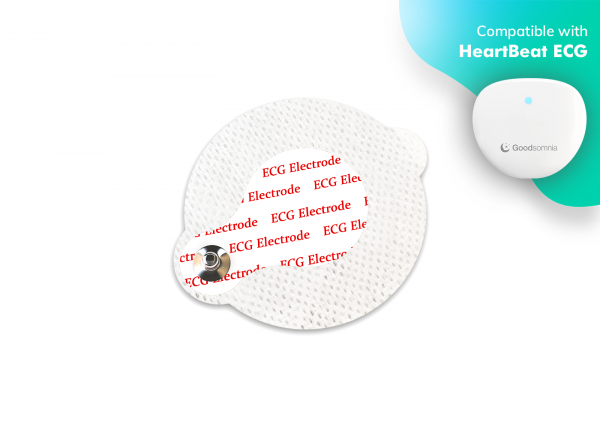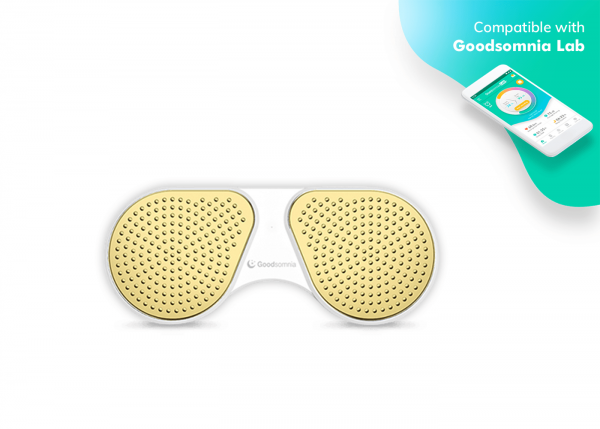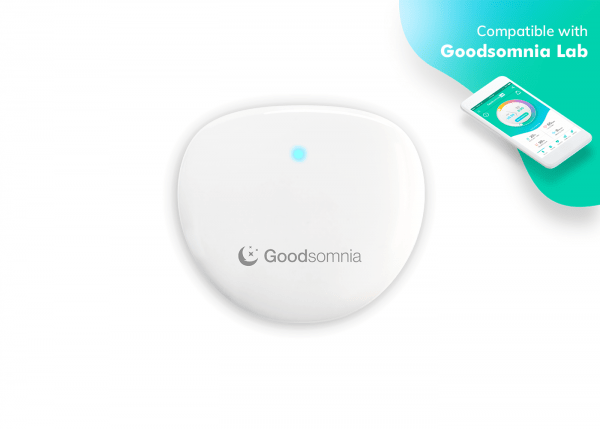Improving your sleep health, receiving feedback on how to optimize sleep quality and quantity, tracking your sleep time – sound good, don’t they? This is what sleeping technology gives you. Today we’ll get to know more about how technology affects your sleep, look at the good and bad, and how technology and sleep deprivation are connected.
Sleep technologies: what are they?
Getting quality and healthy sleep is rare nowadays. According to the CDC, 35% of adults don’t get enough sleep. As lack of sleep becomes a problem for some, it becomes a new field of discovery for entrepreneurs. That’s why sleep technologies have begun to appear.
Many things can interfere with your sleep, whether it be a snoring partner, crying child or bright street lights. You may look for the best sleep technology, but the truth is all of them have advantages and disadvantages.
How technology affects sleep
Some useful gadgets promise you a noiseless sleep; others help to cope with snoring. Surely, everything depends on the type of technology? The most popular global sleep technologies types are mattresses, pillows, light devices, air conditioning, sleep trackers, wearable devices, and useful neck technology affecting sleep. Regardless of which technology you use, there are always two sides to how technology affects sleep.
Here’s a table that lays out how technology affects sleep.
|
Pros |
Cons |
|
● temperature control ● pose changing ● light control ● sleep tracking ● snore tracking ● sleep behavior-changing |
● non-adjustable ● doesn’t protect you from OSA ● masks the problem ● postpone consultation with a doctor |
Newest technology: sleep tracker
Sleep tracker technology nowadays takes a big piece of the market and not only measure a person’s underlying health metrics, like heart rate, breaths per minute, body movement.
The newest technology for sleep apnea pre-diagnosis – such as Goodsomnia Lab – enables you to record your whole sleep, analyze snore amount, volume, frequency, track how you experience through sleep stages and predict sleep apnea. It can save you from sleep deprivation or at least prevent it.
Goodsomnia Lab also offers every morning a personalized sleep report that is super useful before going to the doctor. If you already snore, there’s the stop-snoring device, a non-invasive stimulator that targets the soft palate muscles and makes them firmer and tighter, so they don’t vibrate and cause snoring.
The gadgets are built to help you, so don’t be afraid to use them.

